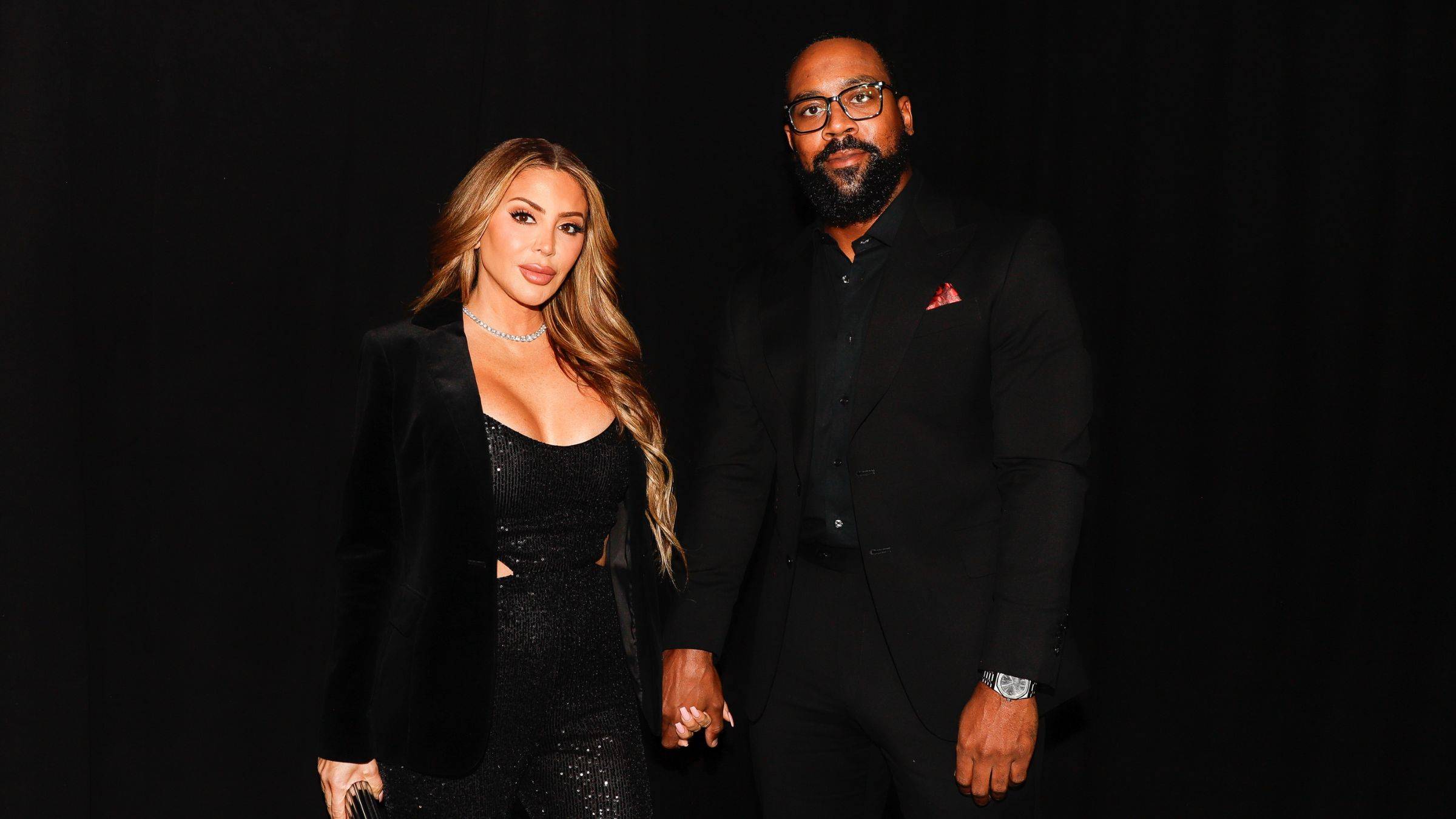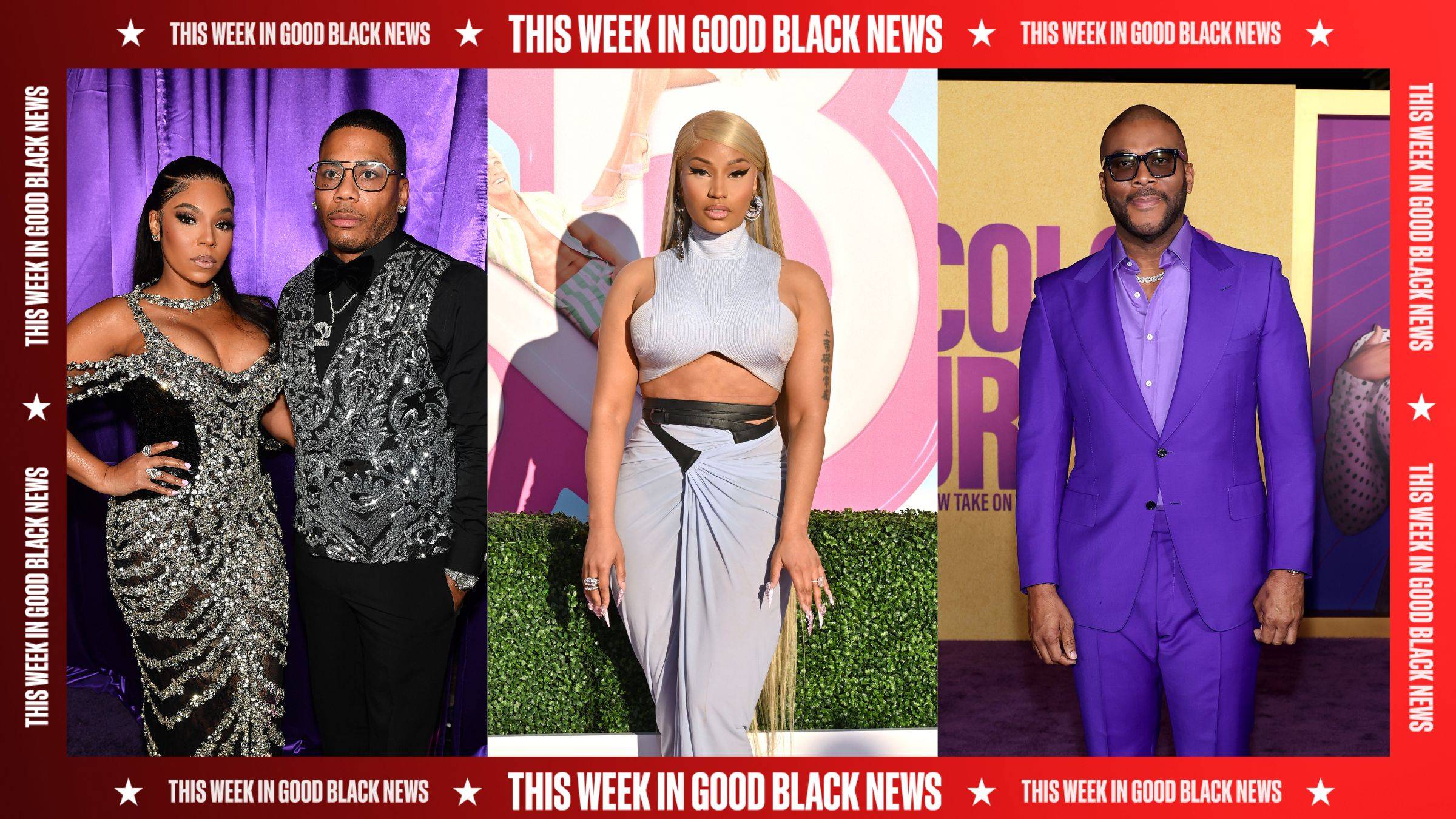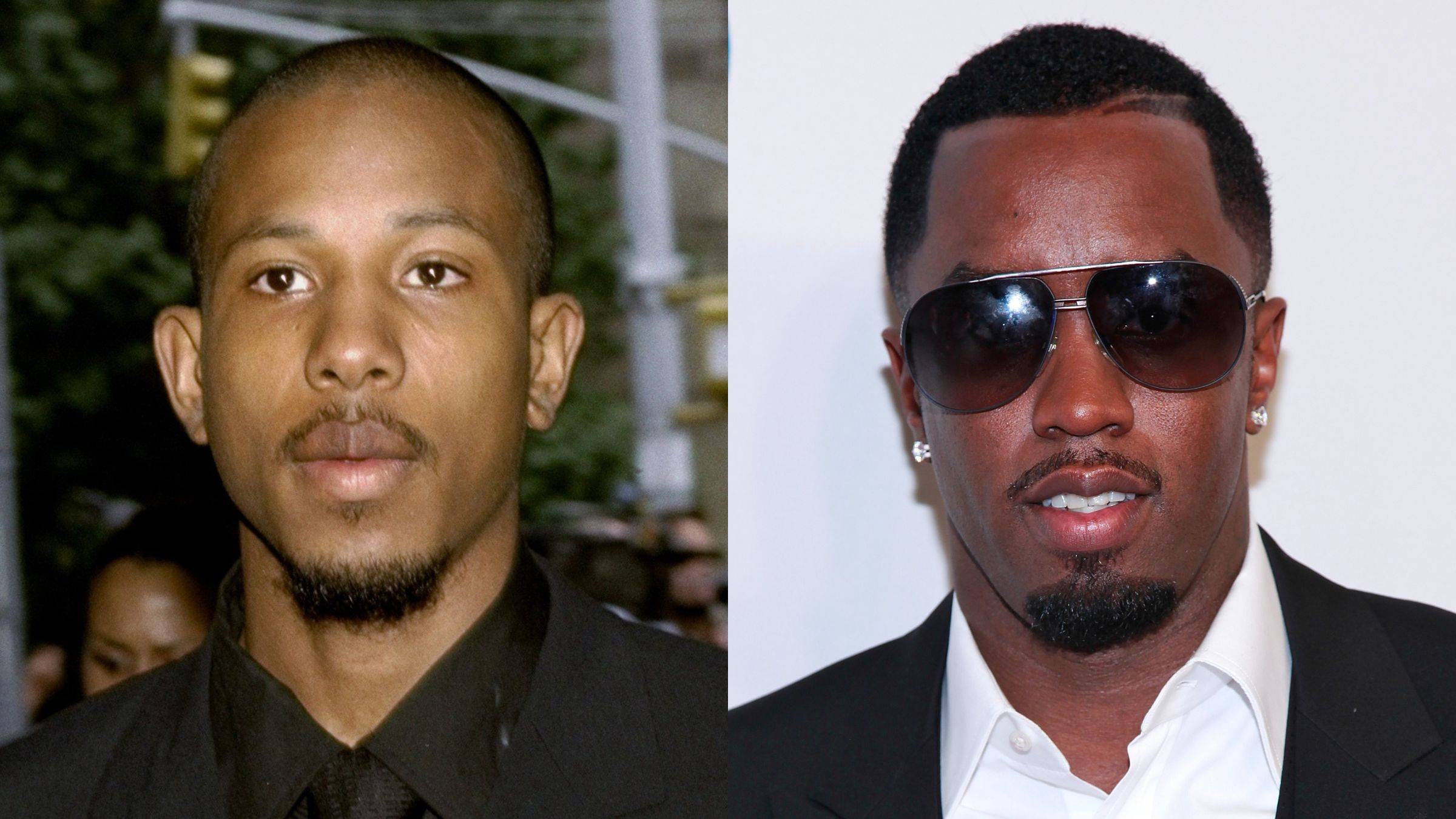Commentary: Discriminatory Discipline?

Stories about discrimination against African-Americans are pretty typical these days, but I stumbled upon one recent study that is more complicated than a cursory glance would indicate.
The Department of Education released new data from the Civil Rights Data Collection that raised more than a few eyebrows, including mine. It revealed that Black students are 3 1/2 times more likely to be suspended or expelled as their white peers. Hispanic and Black students comprise 45 percent of students in zero tolerance districts, but account for nearly 60 percent of those expelled. Also troubling is that Blacks and Hispanics make up more than 70 percent of students referred to law enforcement.
What if discrimination is to blame, and what if our kids are being pushed out of school and into lives of crime? Like most issues of this kind, I bet the reasons behind the high numbers are multitiered. Closer inspection of the many contributing factors may reveal that there is more to the story.
I feel that teachers who are on the front lines of school districts that can often feel like war zones would feel quite differently than the knee-jerk discrimination claims would suggest, so I spoke to Venus Jackson, a curriculum coordinator in the Baltimore City Public Schools System, about the issues. She knows firsthand how difficult it can be to educate kids in the inner city. She has seen kids disciplined for everything from fighting to cutting class. But she also realizes that the problem is much more nuanced and that minority schools in struggling areas are subject to harsher school environments than other suburban schools where white kids are most likely to attend.
“What has happened is that the neighborhood culture, and all the issues it brings, is now a part of school culture and principals are left to deal with it,” she said.
In some of our urban school centers, the same crime and blight that flood the streets also enter the hallways. And perhaps the same heavy-handed approach of policing in the hood has been adopted in the classroom. Some acts are done to discriminate, but others are done out of necessity.
“You can’t play with this stuff. We had a kid this year who brought a nine millimeter pistol to school because he was going to get beaten up,” Jackson said.
The Baltimore public school veteran realizes there are a myriad of reasons behind the reported discrepancy in how black kids are punished. Jackson said, “It may be possible that some of the black kids in troubled areas are being profiled. If you hear that there is a fight in a black school, it automatically draws escalated attention.”
On a conference call with reporters Tuesday, Secretary of Education Arne Duncan said, “The undeniable truth is that the everyday education experience for too many students of color violates the principle of equity at the heart of the American promise.”
There is clearly no simple solution to the problem, just more questions about whether schools are being too tough on our kids.
Jackson says that, out of necessity, there may be room to be even tougher. “I don’t think you’ll find an inner city teacher who feels that there are too many suspensions. They’ll say it’s not enough. The fact of the matter is that many teachers feel powerless.”
Regardless of its well-meaning intent, the study does not take into account one important factor: It could be that school punishments against Black students are a byproduct of the environment instead of discrimination.
The opinions expressed here do not necessarily reflect those of BET Networks.
BET National News - Keep up to date with breaking news stories from around the nation, including headlines from the hip hop and entertainment world.
(Photo: Chris Hondros/Newsmakers)





